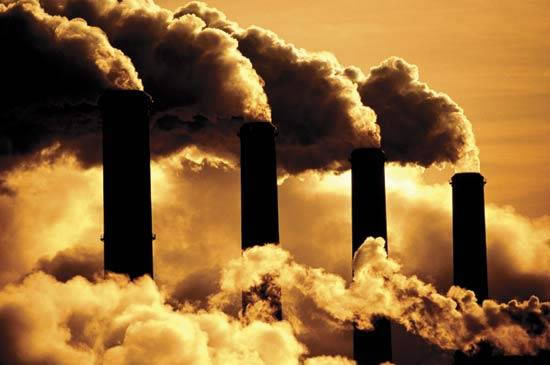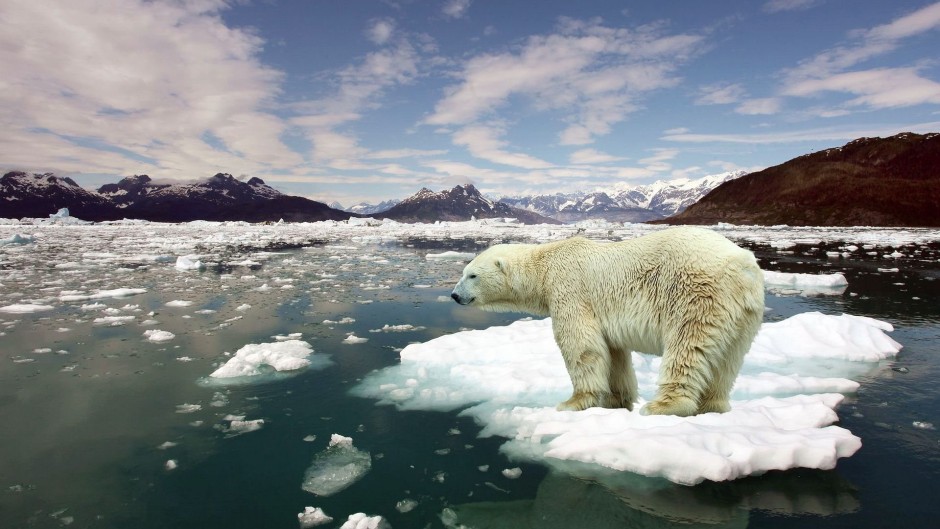Global warming is a hoax.
Cigarettes have no impact on your health.
The Arctic icecaps are not melting.
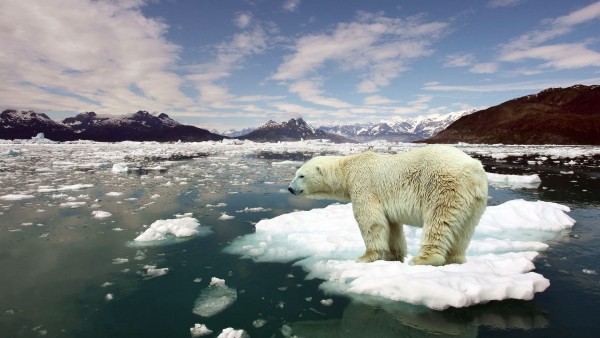
Arrant nonsense such as this is disseminated by an army of paid lobbyists whose aim is to befuddle the public and protect their clients’ financial interests.
For some 50 years, these glib publicists worked hand-in-glove with the American tobacco industry to create the misleading impression that cigarettes do not cause lung cancer.
And now, in the face of incontrovertible scientific evidence, they’re up to their old tricks again as they try to sell Americans on the highly dubious proposition that climate change is a figment of the imagination.
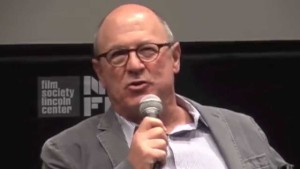
Robert Kenner’s sardonic but sober documentary, Merchants of Doubt, which opens in Canada on March 13, is an expose of these wily propagandists, the majority of whom are not even trained and qualified scientists.
The film focuses on their attempts to absolve the tobacco industry of its responsibility for the deaths of millions of Americans and to refute compelling evidence that carbon emissions from fossil fuels — coal and oil — have affected and will affect our climate for decades to come.
It’s probably the most incisive film on this topic since An Inconvenient Truth, an Oscar winner, was released. At the very least, it’ll open people’s eyes to the fact that big corporations bend and manipulate the truth at our expense.
Stanton Glantz, a dogged researcher and crusader who played a role in exposing Big Tobacco, is one of the featured interviewees. As he tells it, tobacco companies tried to fool the public with the dubious assertions that there is no causal relationship between smoking and heart disease and that nicotine is not addictive.
And in their slick advertising campaigns, they cleverly equated smoking with the cherished American concepts of freedom, liberty and free enterprise.
Trotting out arguments and rationales such as these, they warned consumers that government intervention and regulatory action would be un-American. One of their silver-tongued spokesmen, a supposedly impartial scientist named Fred Seitz, received a $65,000 per annum retainer to pull the wool over our eyes.
Now that smoking has been proven to be hazardous, climate change skeptics claim that weather patterns occur naturally and are not the product of human activity and that environmentalists are distorting scientific data for their own ends.
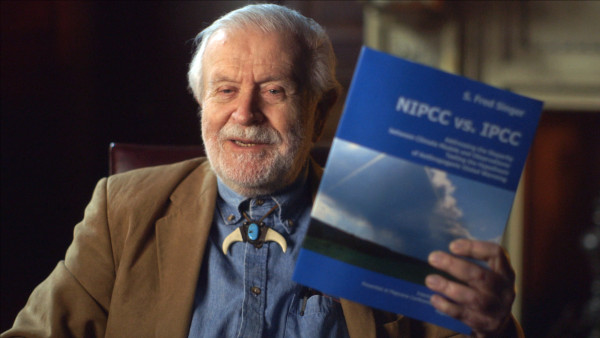
Fred Singer, a scientist, is one such propagandist. Global warming, he declares, is all bunk. People like him and Marc Morano, who writes the blog ClimateDepot.com, do not impress journalist Naomi Oreskes, who co-wrote a book upon which Merchants of Doubt is based. Their strategy is all about distracting and confusing the public, she says.
If there is a hero in this film, it’s probably James Hansen, a NASA scientist who specializes in the field of climate change and who has been in the forefront of warning us about the harmful effects of greenhouse gases on the planet.
For his troubles, Hansen has been lambasted by registered lobbyists like Bill O’Keefe, who has worked for oil companies and runs a scientific think tank.
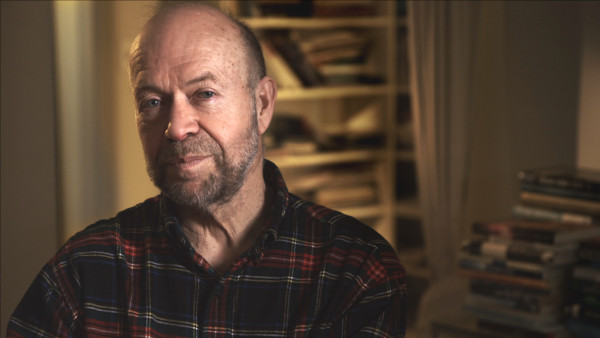
Apart from Hansen, two of the most interesting personalities in the movie are Michael Shermer, the editor of Skeptic magazine, and Bob Inglis, a former U.S. congressman from South Carolina.
For a long time, Shermer believed that the threat of climate change was exaggerated. But having laboriously studied the evidence, he revised his views and now thinks that global warming is a function of industrial pollution.
Inglis, a conservative, lost his seat after changing sides. Like some conservatives, he compared environmentalists to watermelons, green on the outside and red (socialist) inside. But after travelling to the Arctic aboard a U.S. Navy vessel and learning that the Arctic is warmer today than it was 40,000 years ago, he revised his views. It cost him dearly. In the next congressional election, he was soundly defeated.
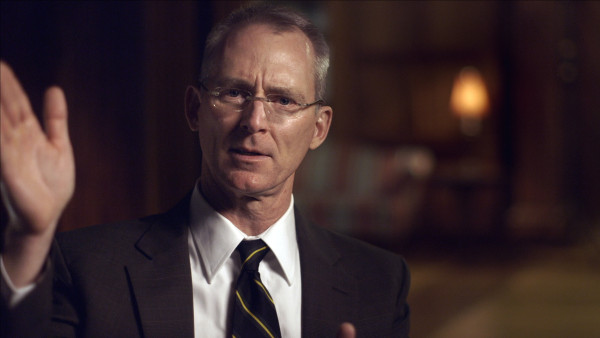
Inglis, a born-again environmentalist today, warns that our reliance on fossil fuels imperils our future. “We can rise to higher things,” he says. Oreskes is even more emphatic. As she puts it, “We’re running out of time to prevent a train wreck.”
Global warming, however, seems to have made little impact on American politicians like Mitt Romney, the last Republican presidential candidate, and John Boehner, the Republican Speaker of the House of Representatives.
Both men were once convinced that climate change was caused by humans. But of late, they’ve expressed reservations, presumably having come under the nefarious influence of the merchants of doubt.
